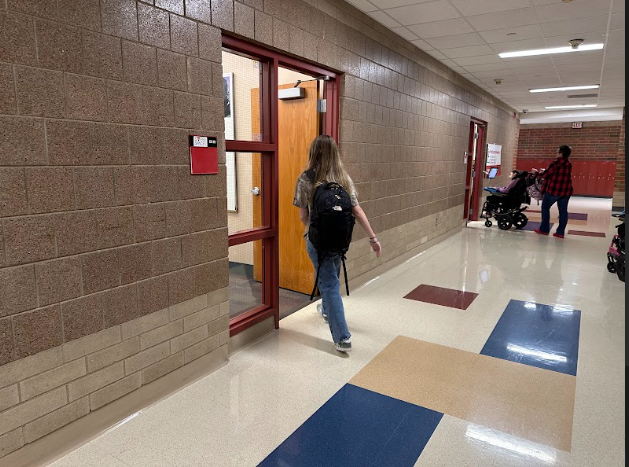Growing up as the youngest of seven kids in a smart and successful family taught me lessons I could not learn from anyone else. I was always surrounded by people to talk to, look up to and learn from. Being the youngest in a the family does not just mean extra company, it helps kids grow up more confidently and become more social with groups and other people. In a world where big families are becoming less common, being the youngest of seven gave me a unique childhood full of learning, laughter and life lessons.
For example, having older siblings around teaches social skills like sharing and resolving conflict at a young age. Also, younger siblings benefit from older siblings’ advice and can help with schoolwork. This boosts their confidence and learning. As the youngest, they observe the experiences of older siblings. This can guide their own decisions and help them avoid mistakes. During major family events like graduations or celebrations of accomplishments, the youngest gets a front row view of success, which influences them to do the same. The lessons learned growing up as the youngest in the family shape how the youngest interacts with others, builds relationships and approaches challenges in life.
In addition, younger children often learn from the experiences of their older siblings, whether positive or negative. Observing older siblings’ successes and failures can influence the younger siblings behavior, decision making and confidence levels.
“When I watch them fail, it kind of makes me not want to fail and that can help a lot,” junior Chloe Rymal said.
Another benefit from being the youngest in the family is that it can lead to kids having high self esteem because they often receive extra attention, care and guidance from older siblings. The youngest child in a family can also receive more attention from parents because they are typically the last to leave the household, leading to more time spent together.
Junior Addison Hurley, who is the youngest of two, said it has been a unique experience growing up as the youngest, explaining that,
“it is also sad because I am the only kid left in the house, but I spend a lot of time with my parents.”
Research supports this, showing that younger siblings often mature faster because of their older role models in their life. A study published in the Journal of Adolescence, younger siblings benefit from what’s called “social learning”. They watch their older siblings’ experiences and use that knowledge to make better choices. This kind of early exposure to real life situations helps the youngest children develop emotional maturity and decision making skills at a younger age.
Junior Lucas Loehr, who is the youngest of four kids, shared that his siblings help prepare him for the future by offering guidance and advice when he needs it.
As the seventh child, I noticed my parents were more relaxed with me than they were with my older siblings. Because of that, I felt bolder and more confident when making my own choices. I did not worry about strict rules, and I had the freedom to explore who I was. That extra space helped me grow into someone who trusts her instincts and is not afraid to try new things.
Since my brother is an engineer, my sister is a nurse, and all of the rest of my siblings graduated with incredible grades, that created higher expectations for me to do well in school. My parents did not stress me out, I stressed myself out with my academics and athletics. As the youngest child this happens very often and an create stress and anxiety for the future.
Finally, growing up around older siblings can also create more adaptability for younger siblings because they grow up around different personalities. They learn how to work through relationships and show them how to treat other people. They see real life examples of how to handle school, relationships and problems, and they get advice early on. This helps them understand sooner and act more responsibly for their age.









